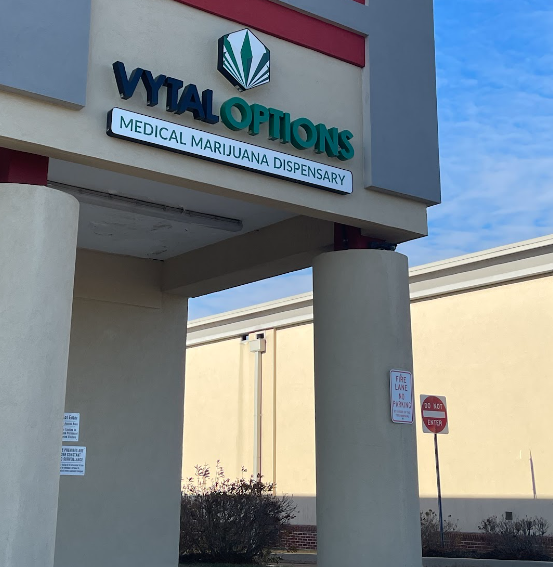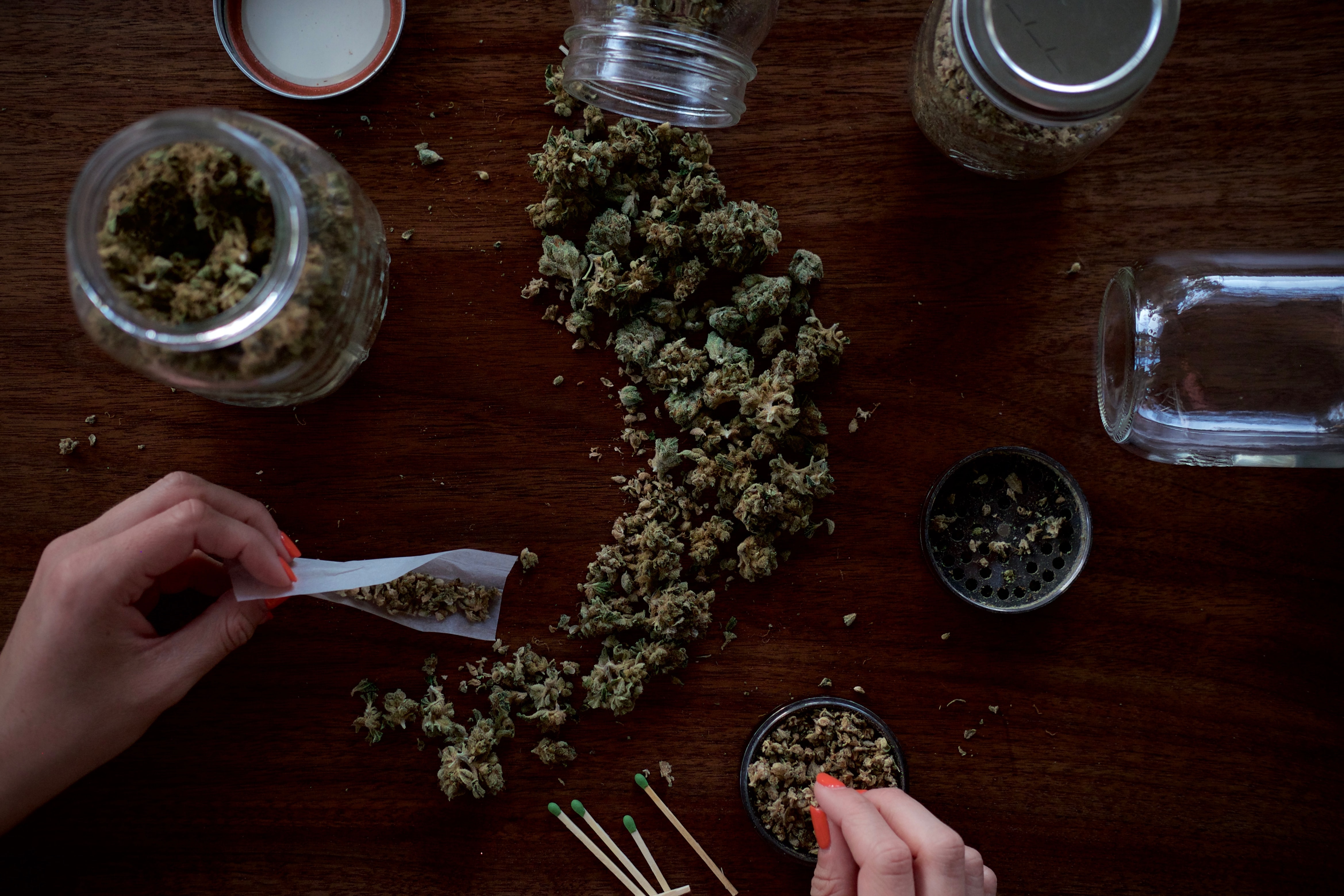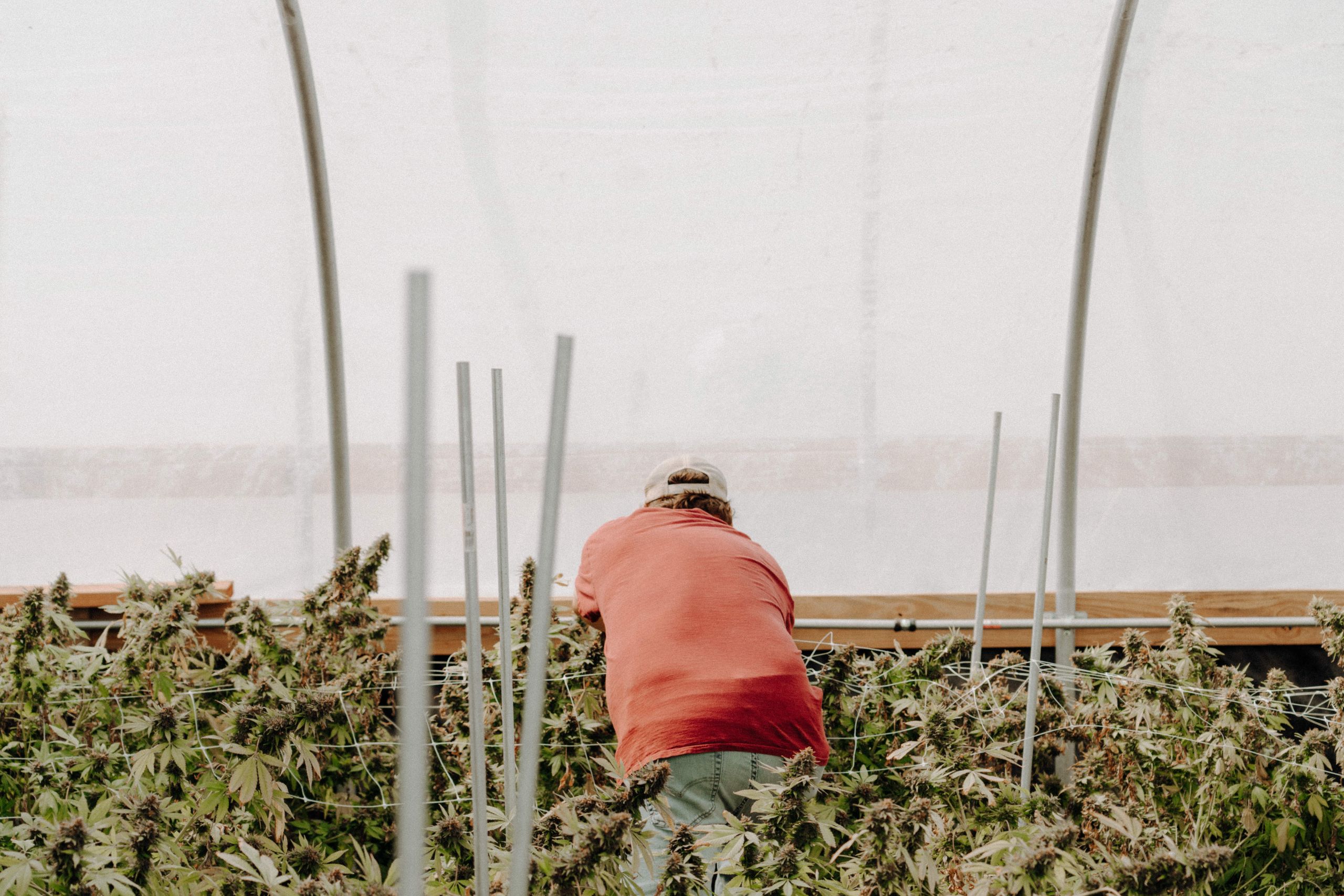With New York, and New Jersey, legalizing recreational cannabis use in 2021 and Maryland on their way to legalization after the 2022 midterm election, when will it be Pennsylvania’s turn to end cannabis prohibition?
Recreational cannabis legalization and decriminalization are at the forefront of conversation within the cannabis community with many left wondering when or if marijuana laws could change.
Former Pennsylvania Gov. Tom Wolf signed a 2016 bill, the Medical Marijuana Act, stating that marijuana would be medically legal for individuals who qualify. To qualify, you need to first have a physician sign off that you suffer from a condition that would benefit from medical cannabis and then purchase a medical card through the state. The regulations for the sale of cannabis have been tweaked since its inception but currently, you can purchase various pills, creams, oils, ointments, and whole flowers, with a medical license.
Matt Reid, Cabrini assistant professor of sociology and criminology, said, “We are one of the few states that created the medical program via the legislature. Almost all states with a medical cannabis program and most of the states with legal cannabis did through ballot initiatives where it was placed on the ballot and people voted for it and approved it.”
According to the Pennsylvania Department of Health Office of Medical Marijuana Report, “1,117,500 medical marijuana ID cards have been issued to certified patients and approved caregivers.”
Current Pennsylvania Governor, Josh Shapiro, a Democrat, ran with pro-legalization and decriminalization as part of his campaign. Recently elected Democratic Senator, John Fetterman, not only advocates for legalization but had a hand in the Marijuana Pardon Project when he served as lieutenant governor under Wolf. But until Pennsylvania’s legislature agrees with them, many Pennsylvanians will lack access to helpful medical treatment.
“This plant is a medicinal herb … is needed for people who are suffering. So if we are talking about accessibility then on the business side there should be a pharmacy in every neighborhood that is walkable and accessible to people. Not just accessible but affordable for people to get their medicine,” said Tauhid Chappel, founder of Philly CannaBusiness Association.
Medically legal, federally illegal

Many Black and Brown communities are overpoliced, underfunded, and lack access to medical marijuana. Today you can find a medical dispensary on almost every commercial corner of the affluent Main Line. Legalization for recreational use not only will help with the severe lack of accessibility but also may redistribute wealth back into the communities disproportionately affected by the war on drugs.
“There are a lot of categories of business that are easy to find in Bryn Mawr that are harder to find in North Philadelphia … Cannabis, for a couple of reasons, isn’t currently covered by insurance. So the only people that buy it tend to have more resources so the stores that sell it tend to people who can buy it,” Daylin Leach, former Pennsylvania state senator from the 17th Congressional District, said.
Even though the Commonwealth reached medical legalization nearly seven years ago, cannabis still remains federally illegal. It is categorized as a Schedule I drug, the same classification as heroin, LSD, and ecstasy. As a result, cannabis cannot be covered under health insurance due to its use being considered a “voluntary illegal act.” As long as it remains federally illegal, prescribing cannabis could have serious repercussions for insurance companies and physicians.
Along with the Medical Marijuana Act in 2016, the Medical Marijuana Assistance Program, MMAP, was created to help with the cost of the drug for those who need financial help. However, the issue of dispensary access remains unresolved.
“It is sad to see right now that there are only a few limited medical marijuana dispensaries mostly concentrated in Center City. So, we hope that legalization will open up the opportunities for other area codes within Philadelphia to be able to have their own cannabis businesses,” Chappel said.
Philly CannaBusiness Association is a collective composed of advocates, business owners, medical marijuana patients, and entrepreneurs who want to ensure an equitable and accessible cannabis business. They are dedicated to reaching out to state lawmakers, and councilmembers and helping to educate them about marijuana reform.
“We want to make sure that everyone has a shared understanding of what makes the cannabis industry accessible to people who need it as medicine; affordable for people who wish to consume it, whether a patient or [recreational] consumer; and available in terms of anyone who wants to participate,” Chappel said.
Racial disparities in the cannabis industry
The FBI crime data explorer reported that as of 2021 there were 170,856 arrests in one year for marijuana possession across the United State. Ending the cannabis prohibition could not only help with accessibility but also help fund public programs and end incarceration for the thousands of individuals facing marijuana-related drug charges.

Reid explained, “By cracking down on drugs, you can disrupt communities, lock the people up, and cause chaos within them. Obviously, policing is very racist, and so you have racial inequalities with who is arrested, and these are amplified when it comes to prosecution and sentencing. And a lot of it is for simple possession.”
“There really is not much of a reason to keep it illegal, and it is costing us hundreds of millions of dollars a year, at least, in tax money and economic development opportunities,” Daylin Leach, former Pennsylvania state senator, said.
The Marijana Policy Project reported that all states where cannabis is legal for adult recreational use earned a total of $11.2 billion in combined tax revenue. This total does not include states with medical marijuana programs.
Ultimately, legalization activists’ goals are, “making sure the money is going back into the zip codes and geographic areas that have been disproportionately impacted by over-policing, that have been impoverished because of drugs and drug crimes, and making sure that money goes back into those communities to give them services and access to all the resources they need to help those people live in abundance,” Chappel said.






Just Legalize It make a recreational so that everyone that needs it can get access to it. I am a medical marijuana user and I am so grateful for having the product it helps me in so many ways function more normally in this Society without it I would have many more ailments that would hinder my normal lifestyle so in a nutshell Legalize It